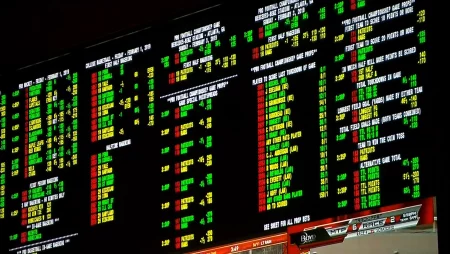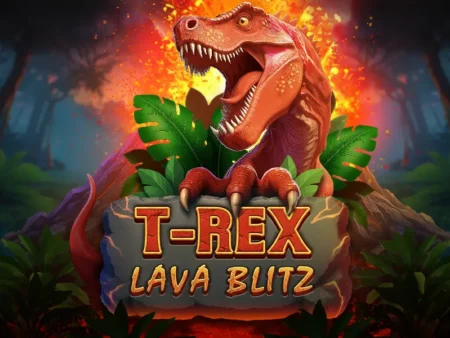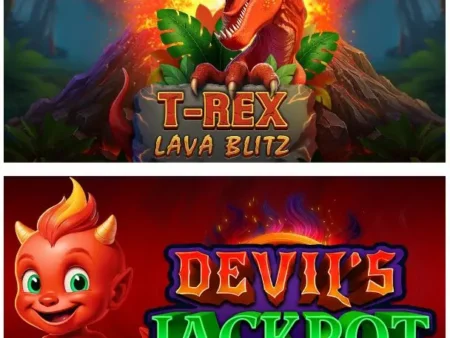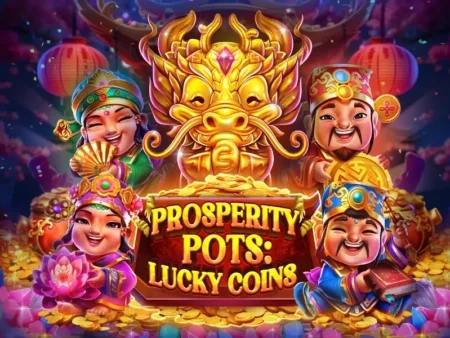

The chief supporter of a House plan to legalize sports betting in Minnesota said last week that he believes the state’s Native American tribes would abandon their long-held opposition and allow the measure to become law because it would give them power. This would really shake up the current Minnesota sports betting laws.
Democratic Rep. Zack Stephenson of Coon Rapids said he’s spoken with leaders of all 11 Minnesota Ojibwe and Dakota tribes in recent months to establish a “Minnesota-specific model,” but he won’t go ahead until he’s certain they’ll back it in the end. The measure will be heard in committee for the first time on Tuesday.
“If this law passes, Minnesotans will be able to visit sports betting lounges in casinos around the state, as well as to gamble on sports from their own mobile phones anywhere in the state,” Stephenson stated at a press conference.
Tribal Leaders Have Rejected the Plans
Tribal governments that rely on casinos for a large portion of their income have already rejected attempts to authorize sports betting in Minnesota. However, Stephenson’s and Farmington Republican Rep. Pat Garofalo’s plan would keep the majority of the earnings in tribal hands.
Minnesota will go from a “black market of uncontrolled activities to a regulated market with consumer transparency, consumer safeguards, and defunding organized crime and money laundering,” according to Garofalo.
According to Stephenson, the tribes will retain all earnings from gambling at their casinos, as well as around 5% of the entire amount played on mobile devices. Commercial mobile betting platforms like as FanDuel, DraftKings, and MGM would be permitted to collaborate with them.
Only 10% of the tribes’ net income from internet betting would go to the state. It could cost around $20 million per year, according to Stephenson, with 40% going to problem gambling programs, 40% to youth sports, particularly in communities with high rates of juvenile crime, and 20% for regulating the new industry to protect consumers and ensure that betting does not influence what happens on the field.
The Minnesota Indian Gaming Association, which represents ten tribal nations, issued a statement in which it did not outright oppose the law but instead withheld support until the specifics were ironed out.
“We support state efforts to permit sports wagering both at tribal gaming locations and via online/mobile platforms,” the organization stated, adding that “tribes are best positioned to provide this new market to the state’s customers.” It went on to say that it “would be keeping an eye on state laws and want to collaborate with other stakeholders.”
What Needs to Happen Now?
According to Stephenson, the measure will need to be approved by at least six House committees. It must also clear the Senate, where it received a subdued response from GOP Sen. Roger Chamberlain of Lino Lakes, the chamber’s top proponent of sports betting legalization.
“I welcome the Democrats to the table,” Chamberlain said in a statement. “We’ll work together to develop legislation that will get this done.”
“However, the offer in its existing shape will not provide a satisfactory product to the customer. In order for customers to have the greatest possible experience, we need to broaden their alternatives.”
The state’s two horse racing venues, unlike Chamberlain’s plan, would not receive a cut of the action. Stephenson said he had spoken with representatives from the state’s major sports teams and schools but that his plan would not allow them to operate their own sports betting enterprises. He claims that the state’s tribes are the experts on how to manage gambling effectively, so it makes sense to start with them.
Last Updated on by Ryan











